Speed control of dc motor is achieved using different methods. There are three types of dc motors. For each of them, there are different methods of speed control. Each of them is discussed in this article.
The principal advantage of a DC motor over AC motor is that its speed can be changed over a wide range by a variety of simple methods. Such a fine speed control is generally not possible with AC motors.
In fact, fine speed control is one of the reasons for the strong competitive position of DC motors in the modem industrial applications.
.jpg) In this article, we shall discuss the various methods of speed control of DC motors.
In this article, we shall discuss the various methods of speed control of DC motors.
How to Control Speed of DC Motors
The parameters used to control the speed of dc motors are derived below from the speed equation of dc motor. By varying those parameters we can control the speed of a dc motor.
The speed equation of a dc motor can be written as,
N = [K (V – Ia R)] / ϕ ———— ( 1 )
- by varying Flux per pole ϕ. [This method is Flux Control Method ]
- by varying Resistance in the armature circuit. [This method is Resistance Control Method ]
- by varying Applied voltage V. [ This method is Voltage Control Method ]
Speed control methods of various DC motors are explained in the links given below.
(a) Speed Control of DC Shunt Motors
(b) Speed Control of DC Series Motors
(c) Speed Control of DC Compound Motors
Speed Control of DC Shunt Motors
The speed of a shunt motor can be changed by
- flux control method
- armature control method
- voltage control method.
The first method (i.e. flux control method) is frequently used because it is simple and inexpensive.
Speed Control of DC Series Motors
The speed control of dc series motors can be obtained by
- flux control method
- armature-resistance control method.
The armature-resistance control method is mostly used.
Speed Control of Compound Motors
Speed control of compound motors may be obtained by any one of the methods described for shunt motors.
Speed control cannot be obtained through adjustment of the series field since such adjustment would radically change the performance characteristics of the motor
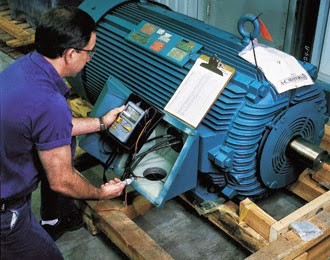

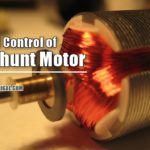
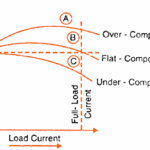
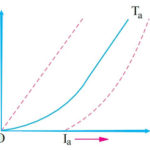
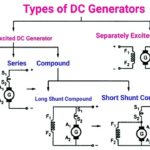
Comments are closed.